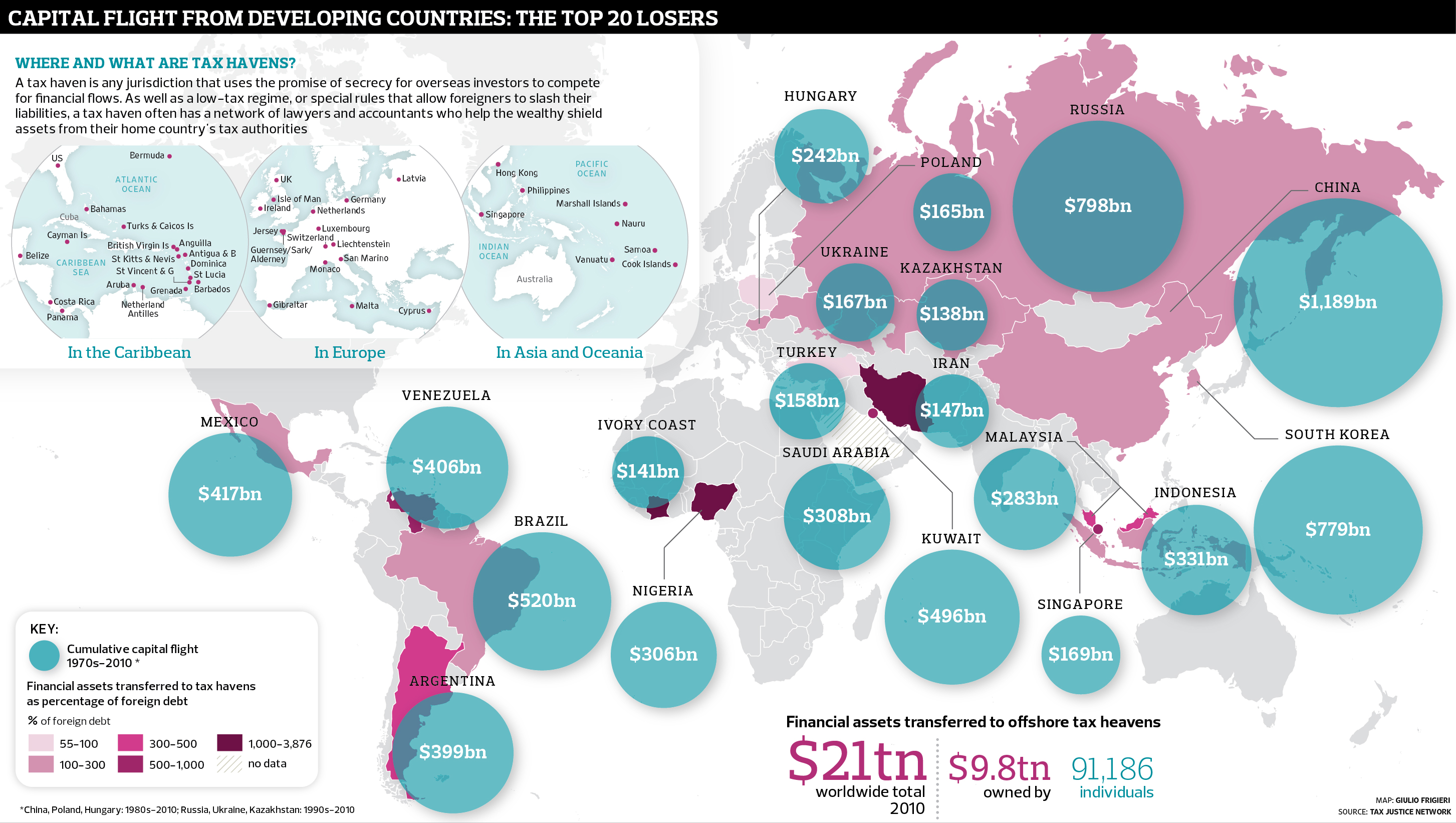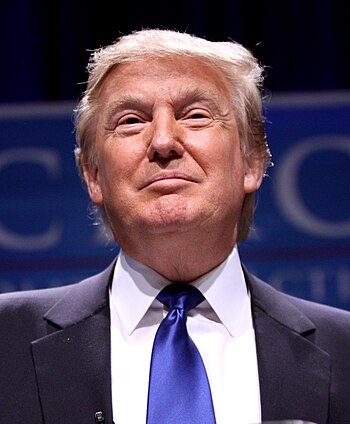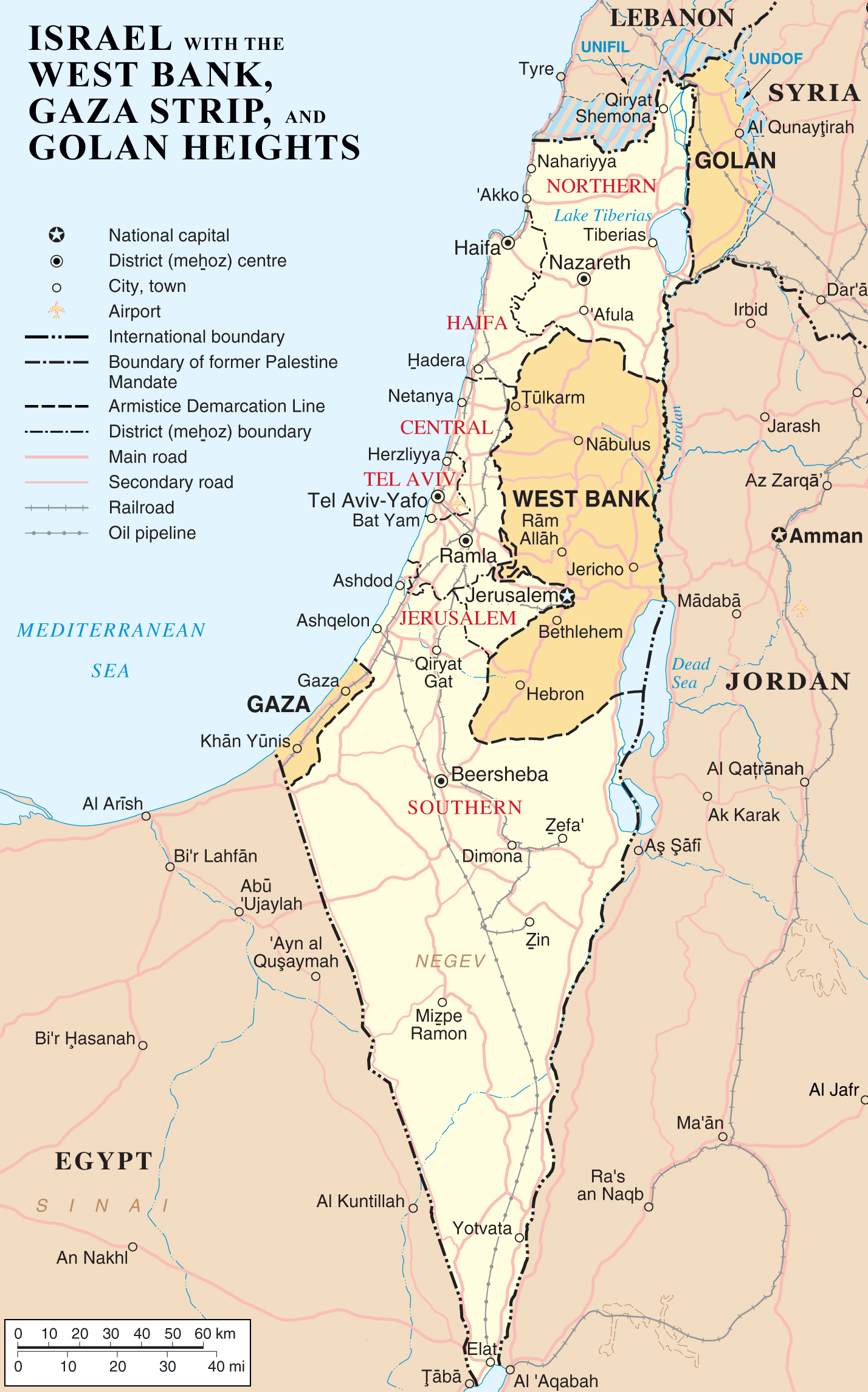| speaking at CPAC in Washington D.C. on February 10, 2011. (Photo credit: Wikipedia) |
This is not a good sign. The leading people running to be America's next President don't feel it is possible to take America back to a 4% growth rate. They are feeling the squeeze. The problem is nothing new. It all goes back to 2008.
Economists did not see the Great Recession coming. And once it hit, they did not have remedies. You can't keep at zero interest rates. Because if another recession hits, you have nothing left to throw at it.
My diagnosis back in 2008 was, just like the Great Depression added macroeconomics to the arsenal, before that there was only microeconomics, now was the time to add a new layer on the top, called globoeconomics. Did not happen.
A genuine world government is the only cure to Climate Change, and terrorism, the two big menaces most heads of state fumble around. Add to that poverty and disease. But that might also make way for the globoeconomics.
Here's just one symptom: money is not supposed to just sit around. It is supposed to get invested and give returns of 5-10%.
Tax havens: Super-rich 'hiding' at least $21tn
A global super-rich elite had at least $21 trillion (£13tn) hidden in secret tax havens by the end of 2010, according to a major study....... The figure is equivalent to the size of the US and Japanese economies combined....... his $21tn is actually a conservative figure and the true scale could be $32tn. A trillion is 1,000 billion. ....... His study deals only with financial wealth deposited in bank and investment accounts, and not other assets such as property and yachts. ..... the super-rich move money around the globe through an "industrious bevy of professional enablers in private banking, legal, accounting and investment industries. ...... "The lost tax revenues implied by our estimates is huge. It is large enough to make a significant difference to the finances of many countries. ...... "From another angle, this study is really good news. The world has just located a huge pile of financial wealth that might be called upon to contribute to the solution of our most pressing global problems," he said. ......... the impact on the balance sheets of 139 developing countries of money held in tax havens that is put beyond the reach of local tax authorities. ....... since the 1970s, the richest citizens of these 139 countries had amassed $7.3tn to $9.3tn of "unrecorded offshore wealth" by 2010. ...... Private wealth held offshore represents "a huge black hole in the world economy," Mr Henry said. ....... Mr Whiting, though, urged caution. ...... if tax havens were stuffed with such sizeable amounts, "you would expect the havens to be more conspicuously wealthy than they are". ...... At the end of 2010, the 50 leading private banks alone collectively managed more than $12.1tn in cross-border invested assets for private clients ...... The three private banks handling the most assets offshore are UBS, Credit Suisse and Goldman Sachs ...... Less than 100,000 people worldwide own about $9.8tn of the wealth held offshore. ....... it was difficult to detail hidden assets in some individual countries, including the UK, because of restrictions on getting access to data. ..... A spokesman for the Treasury said great strides were being made in cracking down on people hiding assets......He said that in 2011-12 HM Revenue & Customs' High Net Worth Unit secured £200m in additional tax through its compliance work with the very wealthy........ He said that agreements reached with Liechtenstein and Switzerland will bring in £3bn and between £4bn and £7bn respectively.Wealth doesn't trickle down – it just floods offshore, research reveals
The world's super-rich have taken advantage of lax tax rules to siphon off at least $21 trillion, and possibly as much as $32tn, from their home countries and hide it abroad – a sum larger than the entire American economy. ...... sifting through data from the Bank for International Settlements (BIS), the International Monetary Fund (IMF) and private sector analysts to construct an alarming picture that shows capital flooding out of countries across the world and disappearing into the cracks in the financial system. ...... Comedian Jimmy Carr became the public face of tax-dodging in the UK earlier this year when it emerged that he had made use of a Cayman Islands-based trust to slash his income tax bill. ...... Despite the professed determination of the G20 group of leading economies to tackle tax secrecy, investors in scores of countries – including the US and the UK – are still able to hide some or all of their assets from the taxman....... large investors usually hold in cash .... "Inequality is much, much worse than official statistics show, but politicians are still relying on trickle-down to transfer wealth to poorer people. ...... for three decades extraordinary wealth has been cascading into the offshore accounts of a tiny number of super-rich." ...... 10 million individuals around the world hold assets offshore, according to Henry's analysis; but almost half of the minimum estimate of $21tn – $9.8tn – is owned by just 92,000 people. And that does not include the non-financial assets – art, yachts, mansions in Kensington – that many of the world's movers and shakers like to use as homes for their immense riches. ..... "If we could figure out how to tax all this offshore wealth without killing the proverbial golden goose, or at least entice its owners to reinvest it back home, this sector of the global underground is easily large enough to make a significant contribution to tax justice, investment and paying the costs of global problems like climate change" ........ estimates of the cumulative capital flight from more than 130 low- to middle-income countries over almost 40 years, and the returns their wealthy owners are likely to have made from them. ......IMF ReportIn many cases, , the total worth of these assets far exceeds the value of the overseas debts of the countries they came from.
...... The struggles of the authorities in Egypt to recover the vast sums hidden abroad by Hosni Mubarak, his family and other cronies during his many years in power have provided a striking recent example of the fact that kleptocratic rulers can use their time to amass immense fortunes while many of their citizens are trapped in poverty. ...... Oil-rich Nigeria has seen more than $300bn spirited away since 1970, for example, while Ivory Coast has lost $141bn. ...... Assuming that super-rich investors earn a relatively modest 3% a year on their $21tn, taxing that vast wall of money at 30% would generate a very useful $189bn a year – more than rich economies spend on aid to the rest of the world. ......... standard measures of inequality, which tend to rely on surveys of household income or wealth in individual countries, radically underestimate the true gap between rich and poor. ...... both the very wealthy and the very poor tend to be excluded from mainstream calculations of inequality. ...... "There is rarely a household from the top 1% earners that participates in the survey. On the other side, the poor people either don't have addresses to be selected into the sample, or when selected they misquote their earnings – usually biasing them upwards." ...... Globalisation has exposed low-skilled workers to competition from cheap economies such as China, while the surging profitability of the financial services industry – and the spread of the big bonus culture before the credit crunch – led to what economists have called a "racing away" at the top of the income scale. ....... The surveys that are used to compile the Gini coefficient "simply don't touch the super-rich" ..... some experts believe the amount of assets being held offshore is so large that accounting for it fully would radically alter the balance of financial power between countries. .......... "the wealth held in tax havens is probably sufficiently substantial to turn Europe into a very large net creditor with respect to the rest of the world." ........ In other words, even a solution to the eurozone's seemingly endless sovereign debt crisis might be within reach – if only Europe's governments could get a grip on the wallets of their own wealthiest citizens.

Solar is almost there. I think we are at the cusp of solving the energy crisis. Which means, we should be able to bring forth another era of high growth rates across the world. But a new global layer in politics and economics has to be imagined for that to happen.










